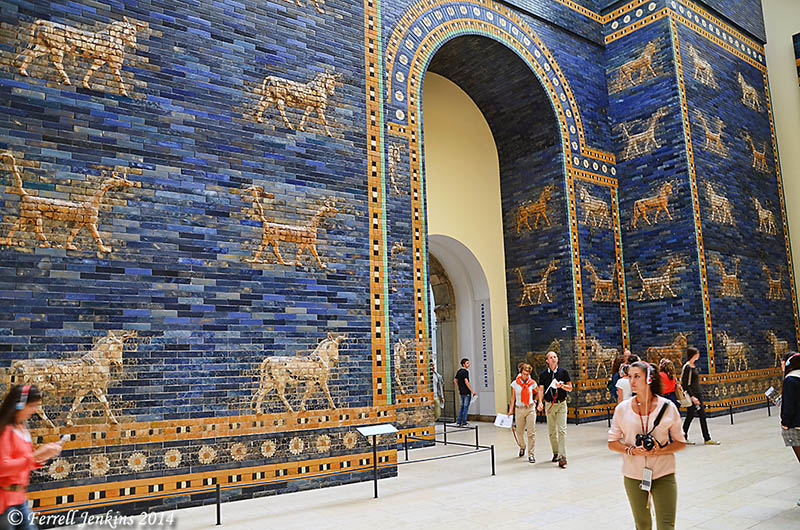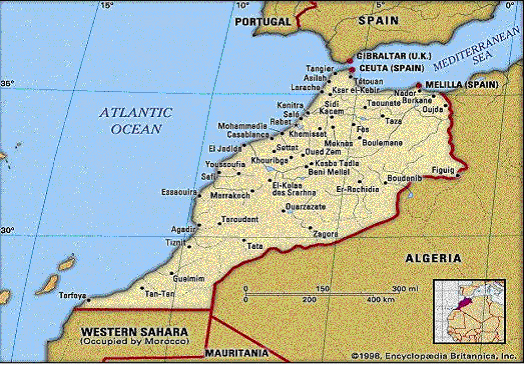Today commenter “Bill” asked some questions:
Trump just tweeted this out, just now
“Few, if any, Administrations have done more in just 7 months than the Trump A. Bills passed, regulations killed, border, military, ISIS, SC!” ”“ 25 Aug 2017 5:44am
Why? Other than to propagandize those not paying attention, why does he do this?
Trump supporters ”“ is this statement true or false? I realize it’s somewhat in the realm of opinion. But it also can be objectively measured ”“ number of bills passed. Number of regs killed. Border security changes. Supreme Court appts. Etc.
I’m not saying he hasn’t made progress on some of those fronts. But he just claimed to be in the top echelon in these areas in Presidential history. Do you believe that?
Bill doesn’t seem to have researched the question, although he has access to the same tools I do, and the same tools Trump supporters or opponents have. When I read his comment, I found it intriguing because it is fairly typical of the sort of dispute I read every day about politics and politicians (and Trump in particular, for now), and highlights the difficulty of discussing such things.
For me, it immediately generated reactions such as these:
How do we define “few”? Because whether Trump is telling the truth or not depends in part on that fairly ambiguous word.
Trump gives a list, and if we wanted to research the question, do we look at each thing in the list separately or the whole? In other words, must Trump be more productive than most presidents on every single metric (bills passed, regulations killed…etc.?) in order to rate his tweet “true,” or does it just need to be true in the aggregate, the totality of all the subjects in the list?
You can see the difficulty in coming to any kind of conclusion at all on the “objective measures” Bill says he’s looking for.
But I decided to tackle at least a little bit of it. So the very first thing I did was to Google “trump number of bills passed compared to other administrations,” and the very first thing that came up in response was this Politifact article.
Now, the crew at Politifact can be criticized in various ways, but one thing they are not is Trumpophilic. And yet when they researched a statement by Sean Spicer back in April that “Trump has been more productive in his first 100 days than any president since Harry Truman”—which is not exactly the same as what Trump recently tweeted (for one thing, it’s no longer April) but is in the same vein—Politifact rated it as Mostly True. Hmmm.
Here’s a much more recent article listing every bill Trump has signed (53 was the total at the time). The article doesn’t compare the number to previous administrations, however, but it will give you an idea of what’s been going on in the bill-passing department, much of which might have eluded your radar screen.
Of course, none of this indicates how important the bills are that Trump has signed, compared to previous administrations (or how good). But that’s not what Trump was tweeting about.
I would wager that FDR almost certainly exceeded whatever pace Trump has set. But it seems to me—as a non-Trumpophile—that Trump is basically correct in that his total is probably higher than most, and certainly my impression is that the aggregate of what he’s done in those first months is higher than most. His statement is probably true enough to be considered “mostly true” in general. That’s probably better on the truthfulness scale than what most presidents achieve when they brag about themselves and what they’ve accomplished (which they certainly do). Of all of Trump’s lies (and he sometimes has lied) to single out, this one doesn’t seem like all that much of a lie to me.
I didn’t want to spend hours and hours of time researching this. But just a quick couple of searches revealed the following:
This article from New York Magazine (most definitely not Trump-friendly) in July is entitled, “What President Trump Actually Accomplished in His First 6 Months.” It’s very critical, but it certainly lists a lot of things he’s done. Then there’s this from the Atlantic (another non-Trump-friendly venue) in early August:
Trump Has Quietly Accomplished More Than It Appears
…The chaos, legislative fumbling, and legal jeopardy should not obscure the ways that the administration is remaking federal policy in consequential ways.
With the Trump administration’s chaos sucking up all the attention, it’s been able to move forward on a range of its priorities, which tend to be more focused on regulatory matters anyway. It is remaking the justice system, rewriting environmental rules, overhauling public-lands administration, and greenlighting major infrastructure projects. It is appointing figures who will guarantee the triumph of its ideological vision for decades to come…
One of the two biggest victories has come on border security, which was one of Trump’s top campaign priorities. Border crossings have already plummeted, suggesting that rhetoric making it clear to immigrants that they are not welcome is effective in its own right. Customs and Border Protections report that apprehensions of unauthorized people are down nearly 20 percent from the same time in 2016. (Trump continues to radically exaggerate these figures, though.) This decline has occurred despite Trump being foiled on his actual policy proposals at the border. Construction hasn’t begun on his border wall yet, and federal courts have repeatedly smacked down his Muslim travel ban.
That said, he did get one good result in courts””and that points to a second area of success. The Supreme Court allowed parts of the travel ban to go forward, in a victory that would not have happened without Neil Gorsuch on the court…
So, is Trump’s statement true? Is it substantially true? Is it true-ish? Is it simply a case of slight hyperbole of the Trumpian kind, and does it matter? Do we need or expect complete accuracy and utter veracity from our presidents?
I would answer that it’s true-ish or maybe even substantially true, and that although I would love to have accuracy from our presidents, it’s never going to happen and to expect it is completely unrealistic. It’s also the case that Trump has a style of exaggeration and bragging that is particularly characteristic and rubs a lot of people the wrong way. It’s not my cup of tea, I would prefer otherwise, but I don’t really deeply care.
Does it hurt him or help him? I can’t answer that question, except to say that there are people who love it and people who hate it, and I don’t know which group is more numerous.
Bill added the following question at the end of his comment:
[Trump’s] previous tweet right before this one was a complaint about not being able to pass bills because of the filibuster rule ”“ which is it?
Why is it either/or? It might be true that many bills were passed under Trump, even more than under most presidents, and it also might be true that the filibuster has prevented even more (and more important) bills from being passed. I see no contradiction.
I find it strange to almost continually be in the position of defending Trump. It’s not where I expected to be. I try to be honest and fair, and to me it seems that he’s accomplished quite a bit more so far than I expected, and been a better president so far than I expected. Granted, I expected very very little, and most of it bad. So it’s been a pleasant surprise for me. Perhaps “pleasant” is the wrong word—there’s been plenty of stress and nastiness and failures—but it’s been better than I would have predicted, and that’s a kind of relief.



